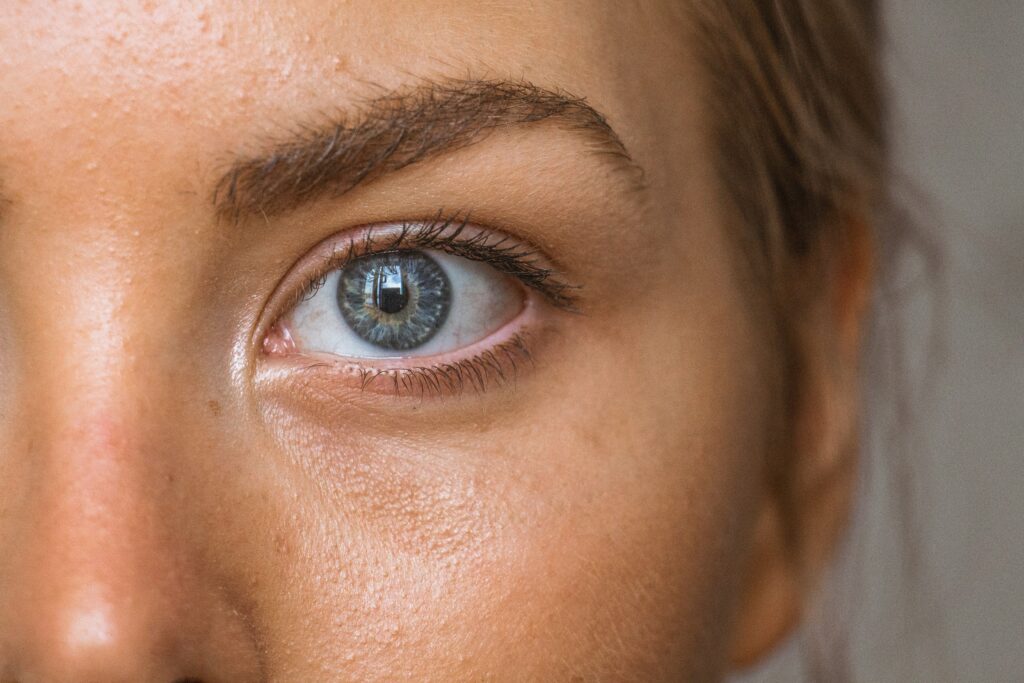In the world of skincare, peptides have become a buzzword, praised for their ability to rejuvenate and revitalize the skin. But what exactly are peptides, and how do they work their magic in cosmetology? Let’s dive into this fascinating topic.
Understanding Peptides: The Building Blocks of Youthful Skin
Peptides are short chains of amino acids, the basic building blocks of proteins. In skincare, peptides play a crucial role in maintaining the skin’s structure and function. Different peptides have different functions, but they all work together to keep the skin looking youthful and healthy.

How Peptides Work in Cosmetology
Peptides work in several ways to improve the appearance of the skin. One of their key functions is to stimulate collagen production. Collagen is a protein that gives the skin its strength and elasticity, but its production declines with age. Peptides can help stimulate collagen synthesis, leading to firmer, more elastic skin and reducing the appearance of wrinkles and fine lines.
Peptides also have antioxidant properties, which help protect the skin from free radical damage. Free radicals are unstable molecules that can damage the skin’s cells and accelerate the aging process. By neutralizing free radicals, peptides help prevent premature aging and keep the skin looking youthful.
Additionally, peptides can improve skin hydration by attracting moisture to the skin and strengthening the skin’s natural moisture barrier. This helps keep the skin hydrated, plump, and radiant.

Types of Peptides Used in Cosmetics
- Signal peptides: These peptides stimulate collagen production and help reduce the appearance of wrinkles.
- Carrier peptides: These peptides help deliver other active ingredients deeper into the skin, enhancing their effectiveness.
- Neuropeptides: These peptides help relax facial muscles, reducing the appearance of expression lines and wrinkles.
- Antimicrobial peptides: These peptides help fight acne-causing bacteria and keep the skin clear and blemish-free.
The Future of Peptides in Cosmetology
As our understanding of peptides and their effects on the skin continues to grow, the future of peptides in cosmetology looks bright. Researchers are constantly discovering new peptides and exploring their potential benefits for the skin. With advancements in peptide technology and formulation, we can expect to see even more effective skincare products harnessing the power of peptides in the future.


